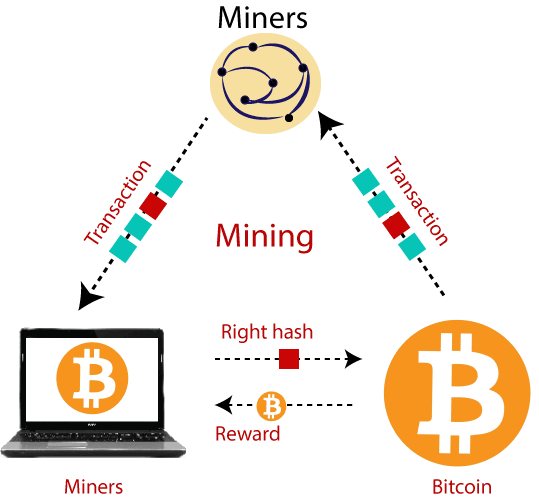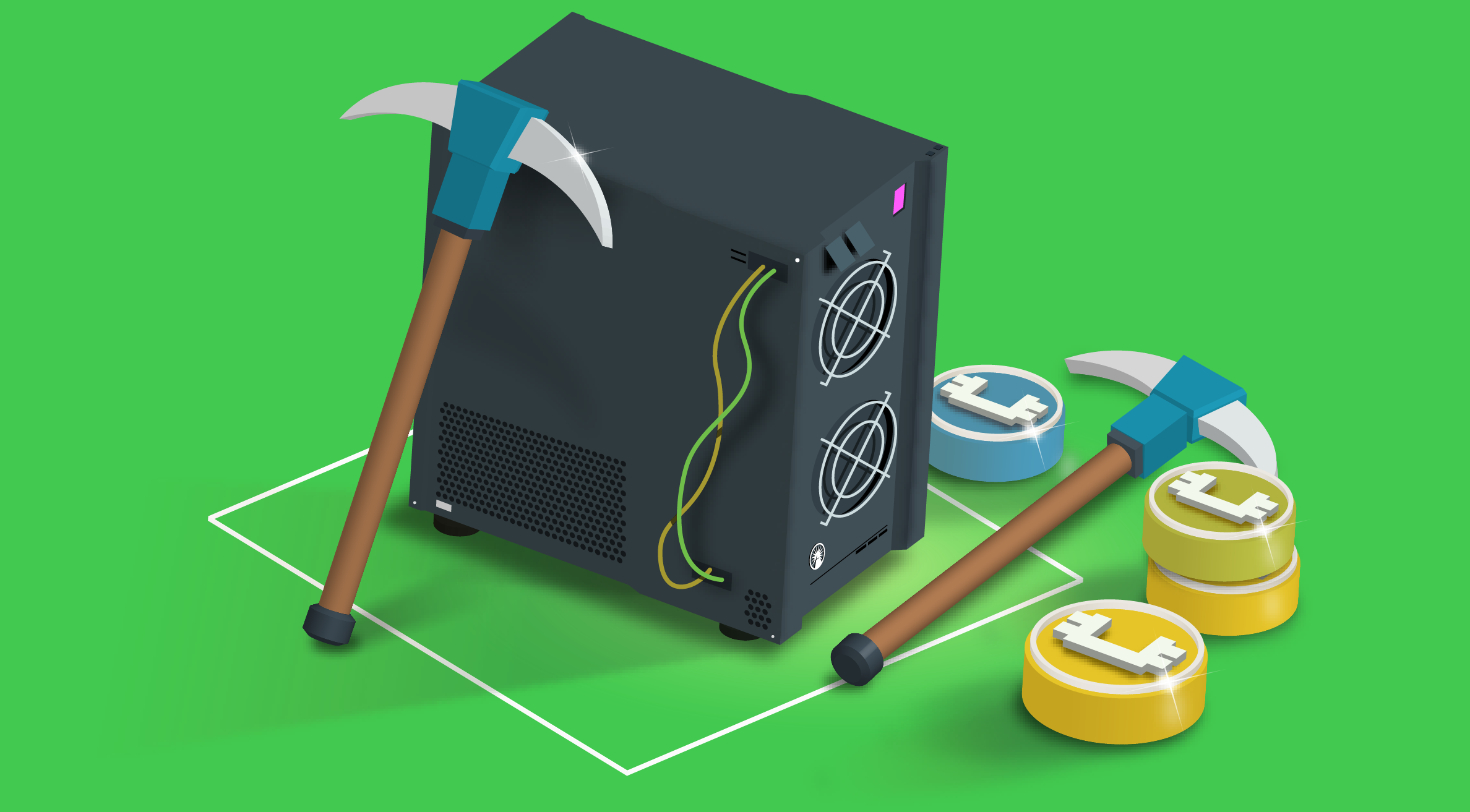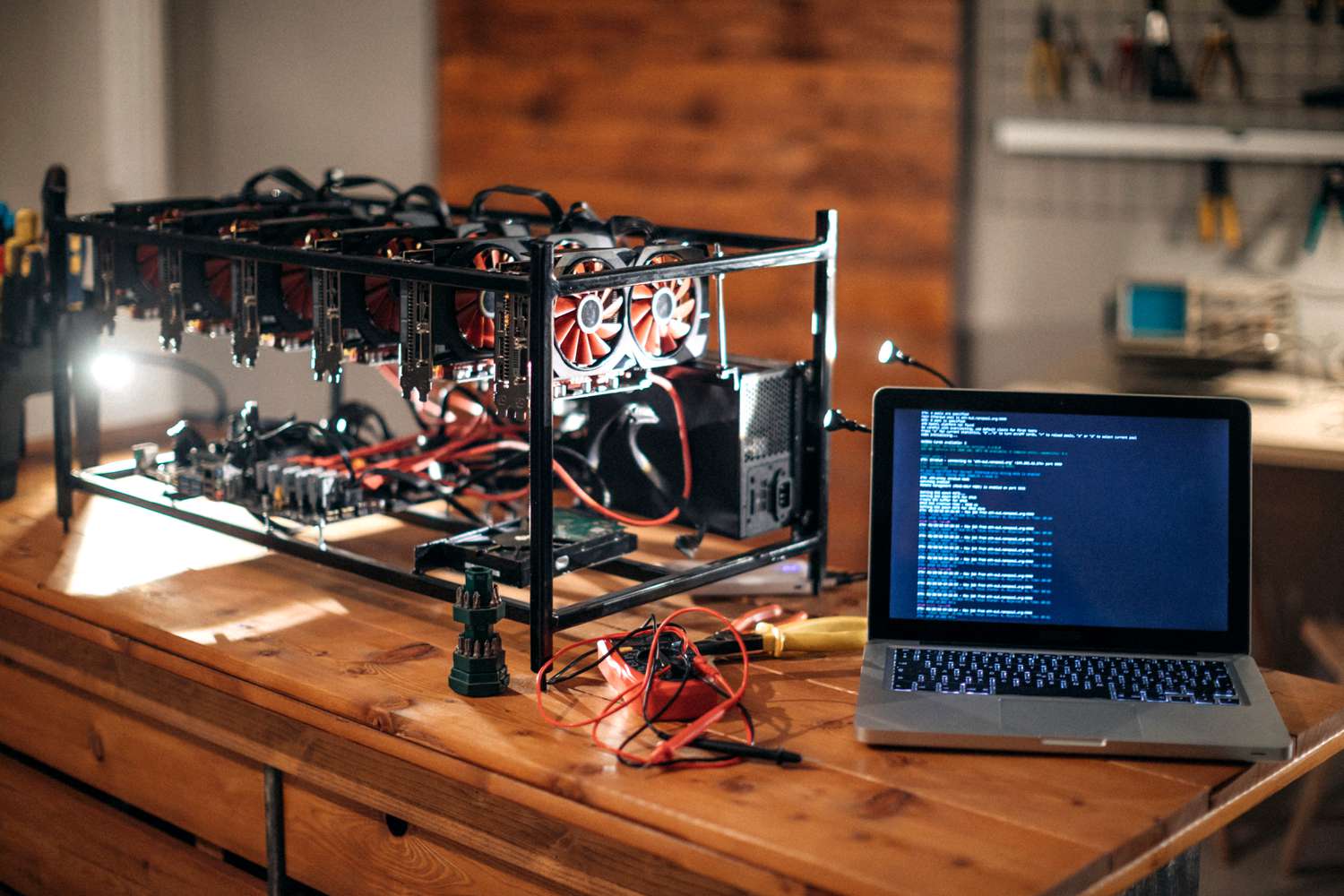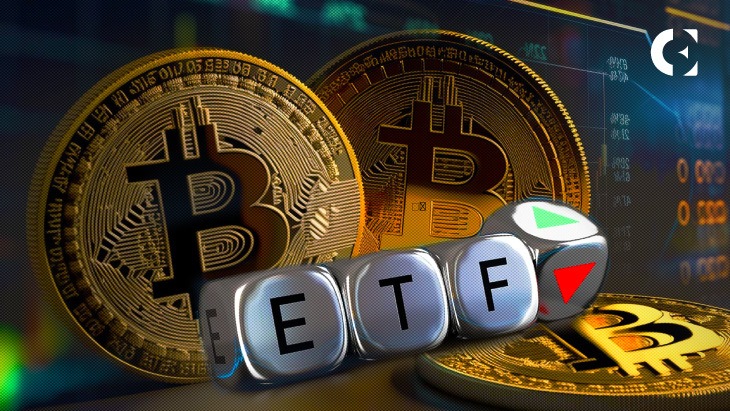Bitcoin mining is an integral part of the functioning of the cryptocurrency, Bitcoin. It plays a crucial role in verifying transactions on the blockchain network and securing the network against fraudulent activities.
Toc

What is Bitcoin Mining?
Mining is the process of adding new transactions to the blockchain and creating new bitcoins. In simple terms, it involves solving complex mathematical equations to validate transactions on the network. This process is carried out by specialized computer devices, also known as mining rigs. These rigs are connected to the Bitcoin network and work together to solve these equations in order to earn new bitcoins.
How does it work?
When a transaction is made on the Bitcoin network, it needs to be verified by miners before it can be added to the blockchain. The miners take the information from the transaction and create a unique digital signature called a hash. This hash is then combined with other hashes from recent transactions and put into a block. The miners then compete to solve a mathematical puzzle based on this block’s data, with the first miner who solves it getting their block of transactions added to the blockchain as well as receiving newly created bitcoins as a reward.

The Importance of Mining
Bitcoin mining is crucial for maintaining and securing the network. As more miners join the network, the difficulty of the mathematical puzzle increases, making it harder for any one entity to gain control over the blockchain. This decentralized system ensures that no single individual or organization can manipulate transactions and allows for a more secure and transparent way of handling financial transactions.
Mining Equipment
To become a miner, you will need specialized computer equipment known as ASICs (Application Specific Integrated Circuits), which are designed specifically for mining bitcoin. These machines are highly efficient and consume large amounts of electricity in order to solve complex algorithms at high speed. As the competition in mining grows, miners must constantly upgrade their equipment to stay competitive.

The Future of Bitcoin Mining
As Bitcoin becomes more mainstream and its price continues to rise, more people may be interested in becoming miners. However, the increasing difficulty of mining and the high costs associated with it may make it less accessible for individuals. Instead, large-scale mining operations may dominate the market.
Some experts predict that as Bitcoin continues to become more scarce, mining will become less profitable due to diminishing returns. This could lead to a shift towards other cryptocurrencies or alternative methods of transaction validation.
In addition, there is ongoing research and development into new technologies that could potentially improve the efficiency and sustainability of bitcoin mining. These developments could have a significant impact on the future of bitcoin mining and its role in the blockchain ecosystem.
The Mining Process Explained

The mining process involves three main steps:
- Collecting Transactions: Miners collect pending transactions from the Bitcoin network and add them to a block.
- Solving the Puzzle: Once a block is filled with transactions, miners compete to solve a mathematical puzzle by using their computing power. The puzzles are designed to be difficult to solve but easy to verify, ensuring the security of the network.
- Adding the Block to the Blockchain: Once a miner solves the puzzle, they broadcast their solution to the network and add the block of transactions to the blockchain. This process continues, with new blocks being added and verified approximately every 10 minutes.
Rewards for Mining
Miners play a crucial role in the cryptocurrency ecosystem. They earn their rewards in the form of newly minted bitcoins and transaction fees. Initially, the reward was set at 50 bitcoins per block, but this amount reduces by half every 210,000 blocks – approximately every four years. As of now, the reward is 6.25 bitcoins per block. This reduction process, known as halving, is a fundamental aspect of the Bitcoin protocol. It serves the purpose of regulating the bitcoin supply, thereby contributing to the maintenance of its value in the digital market space.
Impact on Energy Connection

Bitcoin mining requires a significant amount of energy to power the computing equipment used to solve the mathematical puzzles. As more miners join the network, the energy consumption also increases. This has raised concerns about the environmental impact of Bitcoin mining. However, with the halving process in place, there is a limit to the number of new bitcoins that can be created. This means that as the reward decreases, miners are incentivized to use more efficient and sustainable methods of mining in order to remain profitable.
The halving process also has an impact on the market value of Bitcoin. As the supply decreases, it becomes scarcer and therefore more valuable. This creates a sense of scarcity and demand for Bitcoin, driving up its market price. In fact, previous halvings have been followed by significant increases in Bitcoin’s value.
Another important aspect of halving is its effect on mining profitability. With fewer bitcoins being rewarded for solving blocks, miners need to factor in this decrease when determining their operating costs and potential profits. This can lead to adjustments in mining strategies, as well as the shutdown of less efficient mining operations.
However, the impact of halving on Bitcoin’s value and mining profitability is not immediate. The process occurs gradually over a period of time, with the full effects sometimes taking months or even years to be fully realized.
Despite this gradual process, halving remains an important event for both the Bitcoin network and its community. It serves as a reminder of the limited supply of bitcoins and highlights the need for sustainable mining practices in order to ensure the longevity and stability of the cryptocurrency.
In summary, halving is a crucial aspect of Bitcoin’s design that plays a significant role in regulating its supply and market value.

Other Uses for Mining Technology
In addition to its primary role in validating transactions within the Bitcoin network, mining technology is currently undergoing exploration for various alternative applications. Among the proposed use cases are leveraging this technology to enhance the security of online voting systems, ensuring transparency and integrity in the electoral process. Furthermore, its potential extends to tracking and managing supply chain transactions, offering a decentralized and immutable ledger for seamless verification and authentication throughout the supply chain lifecycle.
Top 10 bitcoin mining Company

- Bitmain Technologies – Based in China, Bitmain is one of the largest and most well-known bitcoin mining companies in the world.
- Canaan Creative – Another Chinese company, Canaan Creative produces ASIC miners specifically designed for cryptocurrency mining.
- MicroBT – Known for its popular Whatsminer series of miners, MicroBT is also based in China.
- Bitfury – This company is known for its mining data centers and also offers other blockchain-related services.
- Ebang International Holdings – A leading manufacturer of bitcoin mining machines, Ebang is based in China.
- Riot Blockchain – Based in the US, this company operates a large-scale mining facility in Oklahoma.
- Marathon Digital Holdings – Another US-based company, Marathon specializes in mining digital assets.
- Hut 8 Mining Corp – This Canadian company utilizes renewable energy sources for its mining operations.
- Hive Blockchain Technologies – Based in Canada, Hive operates data centers for cryptocurrency mining and blockchain infrastructure.
- Argo Blockchain – This UK-based company offers cloud mining services and also operates a cryptocurrency exchange platform.
Conclusion
Bitcoin mining plays a crucial role in the functioning and security of the Bitcoin network. By following the three main steps, miners ensure that transactions are verified and added to the blockchain, ultimately allowing for a decentralized and secure system of digital currency. While there are concerns about its energy consumption, mining technology also has potential applications beyond cryptocurrency. As the cryptocurrency landscape continues to evolve, it will be interesting to see how mining technology adapts and potentially transforms other industries as well. So, the use of mining in cryptocurrencies is not limited to just Bitcoin but can also be applied to other digital currencies such as Ethereum and Litecoin.
Furthermore, the concept of mining and its impact on energy consumption has sparked discussions about the sustainability of cryptocurrency. Some argue that the environmental impact of mining should be a factor in regulating and shaping the future of cryptocurrency. Others believe that advancements in technology will lead to more efficient and environmentally friendly mining practices.
Overall, Bitcoin mining plays a crucial role in the world of digital currency and has potential for further innovation and application beyond its current use. As with any emerging technology, it is important to continue











